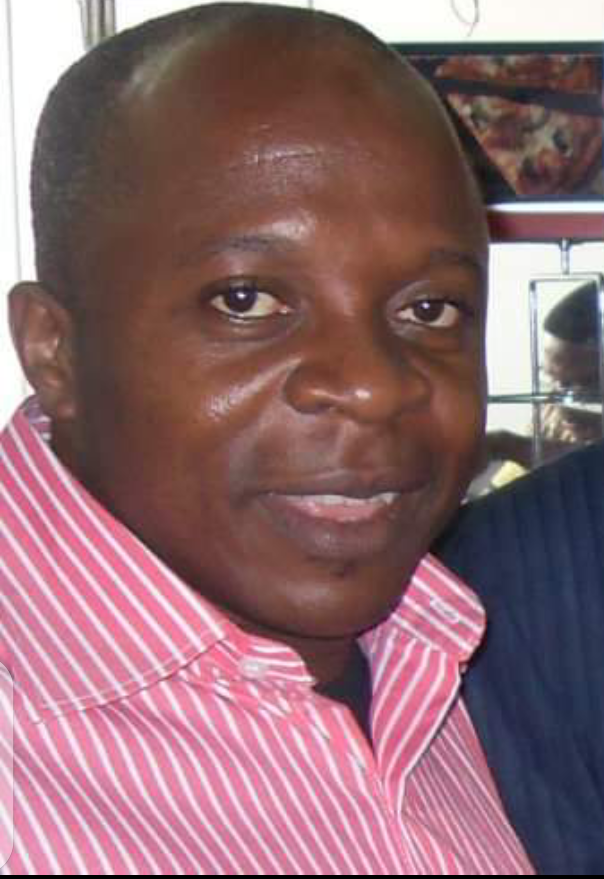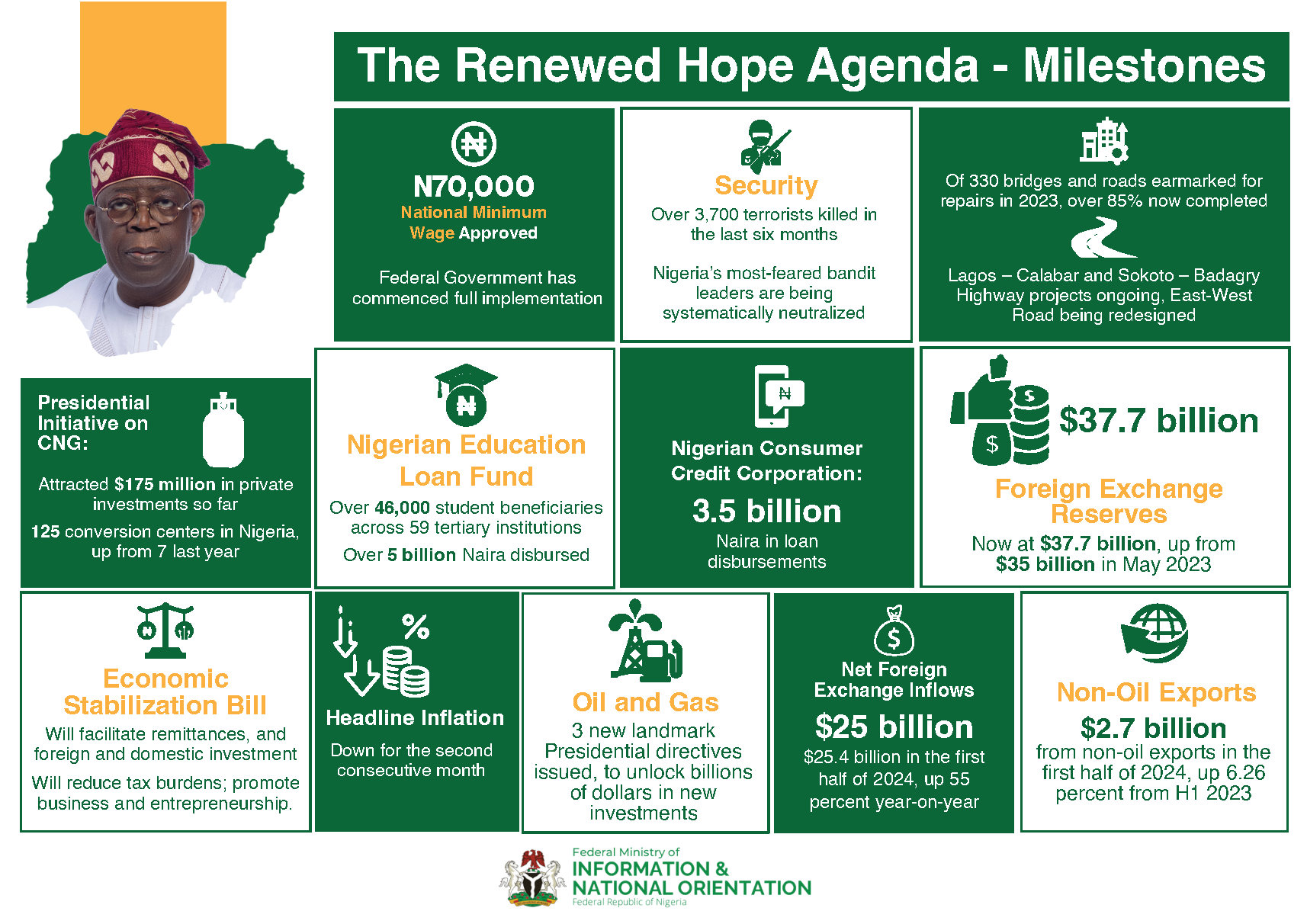By Olukayode Oyeleye
May 29 will soon be here. But it is certain that Nigerian politicians are yet to find a bearing or a clear direction. Nigerians gleefully welcomed the return to civilian rule in 1999, feeling a sense of reprieve and relief from years of military rule. The question the rejoicing Nigerians failed to ask then was what were the expected dividends of democratic rules? What would it cost Nigerians to realise them? How soon would those dividends start coming? Will the spread be even, lopsided, regular, unpredictable, diminishing or increasing?
The first signs that the new democracy was a plunge into the unknown came when all manner of characters and personalities launched into the political fray. Some came with questionable credentials and some showed clearly their lack of morality to lead a people. Remember the Salisu Buhari of Toronto University fame? His party, the ruling party then, chose to sweep his matter under the carpet after methodically easing him out to save its face. That was a symptom of corruption that showed that the ensuing democracy years would throw up more corrupt players on the political landscape. He did enough to warrant being sent to jail. But, was he?
There was a governor in one of the northern states that spent nearly half of his two terms of eight years staying outside Nigeria and governing his state from there. Not sick, but was always outside Nigeria. For a reward, he later became a Senator of the Federal Republic. Impunity became another word for immunity granted to presidents and governors of states. Some governors spirited away their states’ funds into foreign personal accounts and left their state’s languishing economically. One former southern governor who couldn’t be held to account by a bastardised judiciary locally ventured into the hands of those who take justice seriously and he was jailed abroad for many years for the crime he committed before becoming a Nigerian governor. One president appeared to have forgotten that he was no longer in khaki when he started to use military tactics to fight some partisan battles with some state governors as rule of law was jettisoned and raw power play became the order. The Economic and Fnancial Crime Commission (EFCC and its sister, the ICPC) became a tool for personal vendetta, thus laying a foundation for misuse of government apparatus.
The Departmenr of State Security (DSS) was feared during the military days for its anti-people posturing and an instrument of oppression. Has it changed that toga or its mode of operations today? The police ought to have been seen as an organ of government for maintaining law and order. But there’s no gainsaying the fact that their morale has diminished under a civilian rule. At least, they had a modicum of consideration, respect and attention under the military rule as a part of the armed forces, after all the boastful not-so-bloody soldiers must have taken care of themselves. Nigeria began a systematic decline on many induces since the civilian rule returned but it appears these areas of decline were being ignored or simply explained away.
De-industrialisation is a hallmark of the present civilian political era. Steyr and Vegfru factories in Bauchi (and DadinKowa in the now Gombe state) closed down permanently. Savannah Sugar Mill in Numan and another in Bacita could not be revived. Volkswagen in Lagos was shuttered finally. Exide Batteries and Toyo Glass in Ibadan went under. Iwopin and Oku Iboku pulp and paper industriess no longer came up for mention. Most states, for lack of entrepreneurship, enterprising leaders and entrepreneurial spirit, became economically unviable and have to depend on the central government for bailouts. Our erudite governor in Ekiti turned the remnants of Odu’a Tex (textiles), the only major factory in the state at his first coming, into locked up shops, which they still remain now at his second coming. Sharada, Challawa and Bompai Industrial haven in Kano became ghost premises. Kudenda, Kakuri Industrial areas in Kaduna went in limbo, with auto factories operating in fits and starts, eventually winding down as the flagship PEUGEOT plant became sickly and the concentrations of textiles went off. Nigeria thus went into a new period of massive importation of anything imaginable. I still remember one of the years when the lead story of a newspaper screamed with a headline that six textile factories in Kaduna closed down in one week. Where is the celebrated Anammco in Enugu today? The enterprises inherited by Abia State from old Imo went out of operations when a governor of that state established many private enterprises, including an airline that later folded up. What a way to share the dividends from the much awaited democracy!
Then came the issues of profligacy for which Nigeria is unparalleled. Foreign trips: for official and private reasons – inspection tours, working visits, conferences, seminars most of which were (and still are) needless and unwise avenues for wasting public finances. Decisions were made arbitrarily on costs and benefits of public expenditure. A particular trip was made by some members of the National Assembly to inspect a project in India, only to be told that the same thing was being done at the National Research Institute of Chemical Technology (NARICT), Zaria Kaduna State. There have been many more of such unwise and improperly articulated trips by many federal and state government functionaries over time. Our new democracy began just about a decade after Dubai modern city began to develop. Nigerian democracy has gulped far more money, yet where are the modern cities spawned since 1999? The civil service became more emboldened on embezzlement of public funds and less productive in their official duties as high wired politics rather than meritocracy became the factors for promotions and appointments of permanent secretaries, the influential civil service strategic positions. Need we talk about the cost of governance under the civilian rule in which governments are top heavy, with over 25% of national revenues going into paying salaries and emoluments of less than 500 lawmakers and the duplicated positions in the names of Ministers and Ministers of State? The cost of governance under the presidential system of civilian rule in Nigeria is simply too high. Yet poverty rate in the country has become one of the highest in the world. Yet, the political actors see no reason to be sober, especially for the economic inequalities.
Recall that Lamido Sanusi, as CBN Governor, once cried out on this, but his voice went unheeded. And, now, in the present dispensation the ruling government has to borrow in trillions of naira to finance budget deficit, further plunging the nation into avoidable debts. Because it is a political era, none of the excess loads, redundant offices, positions and deadwoods and time servers are deemed necessary for downsizing or right sizing as we must comply with federal character and geo-political balancing. Yet, the failed system keeps being propped up artificially to be politically correct. The economy is thriving on life support under a monolithic source of most revenues, which fluctuates seasonally depending on the state of its fortune decided outside Nigeria in the oil cartel. Under this democracy, diversification of the economy has been most difficult. Even Ajaokuta Steel and Oshogbo steel mills that would have been the backbone of Nigeria’s Industrial revival have gone comatose even after so much has been spent on the former without any hope of ever making it fit for purpose.
Yet, the political gladiators are having a field day, doing the utmost in creating divisions and crisis among those who barely get crumbs from the windfalls of Nigeria’s commonwealth. Rather than playing politics of ideas, they resort to the cheap, ignoble ways of violence, murders and other deadly activities that jeopardise people and put the country in the harm’s way. In 2007, one started a state religion and police enforcers of the religion outside the confines of Nigeria’s Constitution. That state is currently dealing with the aftermath of the legacy left by that governor way back then.
Politicians started Boko Haram. They started the armed insurgency, including the Niger Delta armed militants that later became billionaires. One former north-central governor, now a Senator, reportedly kept and funded an armed group, which may have been abandoned but not disarmed. Former Governor Aliyu of Niger State was recently quoted as saying the northerners frustrated Goodluck Jonathan’s war on terror for geo-political reasons. Sadly, that decision is haunting the same region now. That’s democracy at work in Nigeria. Everyone is now a living witness of how it has escalated in the past few years and has become intractable. So much is annually appropriated for defence, yet little is realised as practical defence of the populace. And life has become unbearable for a vast majority.
Election cycle is closing in, with Anambra done, Ekiti and Osun next as outliers before the general nationwide exercise kicks in. Ritual murders are on the increase again. Political violence has returned. Yet, some politicians who should be explaining to Nigerians how they made stupendous wealth within 20 years after holding political offices would be coming out, brandishing their wealth and announcing that they or their proxies must be supported for one political office or another. After they have successfully created an army of the unemployed, entrenched poverty and spawned widespread misery, they deploy some of them as militants, hoodlums and political thugs on their payroll as instruments of attacks and intimidation of opponents.
They violently hijack ballot boxes, brazenly rig elections and impose their puppets on the people, thus making a mockery of the same electoral processes that they talk so highly about as means of democratically choosing leaders. Nearly a generation on, the new entrants into politics have only got used to what they have known or seen their mentors doing. No more ideas, no more debates, no more manifestoes, no more accountability, no more institutional culture of excellence. It is now a survival of the brutish, an era of brigands and a politics of shallow and base sentiments. I do not support or make any case for the military rule, for it is a flawed system, particularly in this era. But democratic rule in these past two decades plus two years, on the balance, has not lived up to its bidding. If it were assessed with business standards, it could be said to have been a failed enterprise.
Dear readers, we really need your support to keep on serving you with authoritative, truthful, and juicy stories everyday. For your support, please reach out to the editor @gavelinternational66@gmail.com


